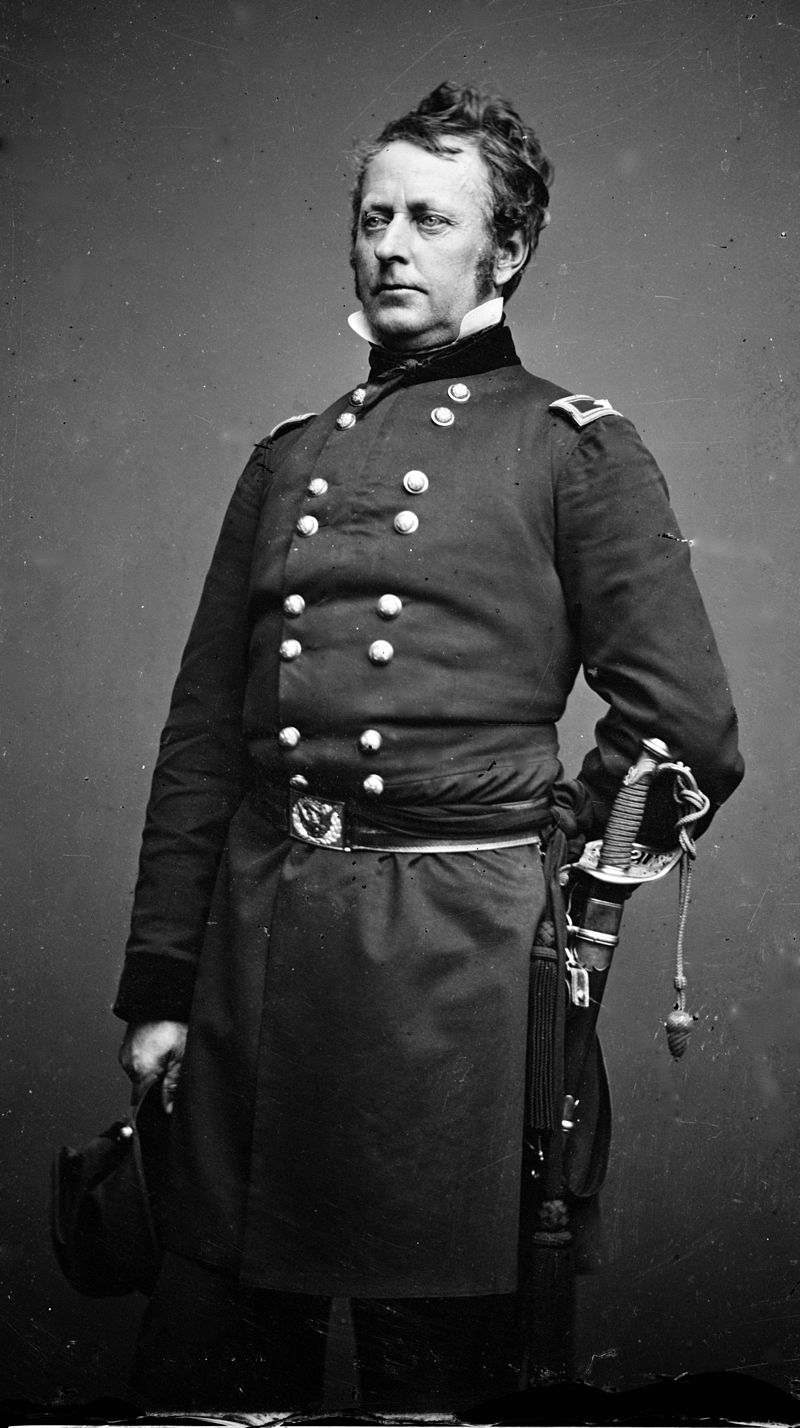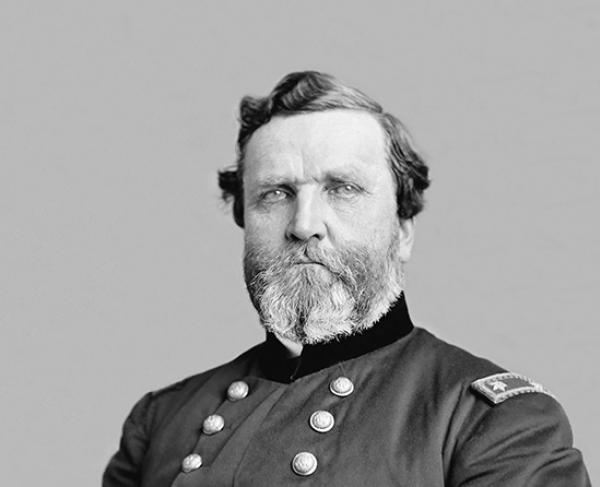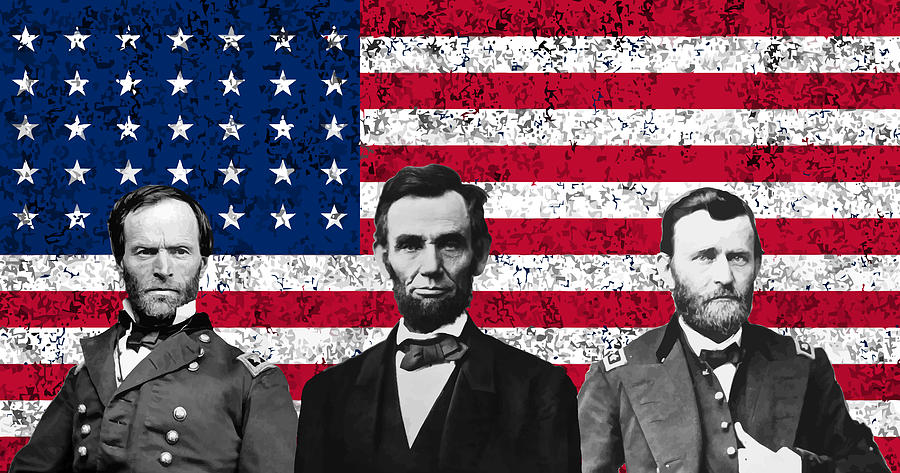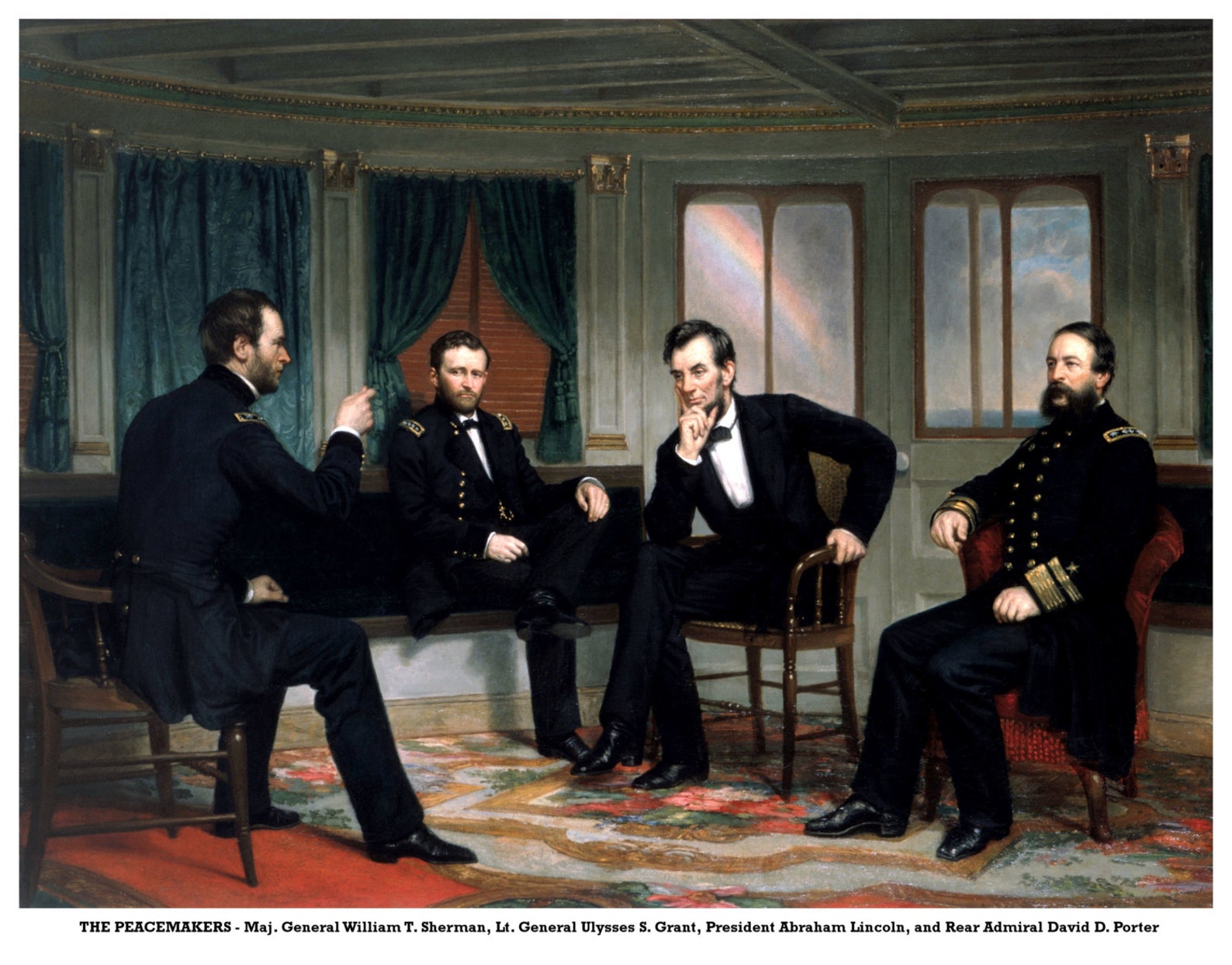I had to drive the coach three and a half hours to Mayfield Kentucky on Sunday. I had an appointment to have some things fixed early Monday morning. The drive is beautiful and fun in the coach, once I pass Elizabethtown and get on the Western Kentucky Parkway. The pavement is smooth and the traffic is light.
Temperatures were working their way up into the 90s. The outside air temperature indicators on the coach were indicating 93degrees when I arrived there at about 8 PM. I had to disconnect the Jeep and back the coach between a small RV and a large mobile dwelling that I am not going to waste too much time trying to describe. The space was wide enough for someone who was good at backing coaches, but that ain't me. Furthermore, the rear tv camera system wasn't working.
It took me 3 attempts to back in from one direction and 3 more from the other, to finally get it in there. Because the tv wasn't working, I had to stop the coach, set the parking brake and jump out to go back and check my distance from the large garage type door I was backing toward. I had to do that 3 times. I say jump, because the stairs were one of the things I was getting fixed there. I don't jump so well anymore. Then I had to step up to the bottom level of the coach entry door, which is about hip high to this geezer, then hold the hand rails and pull myself up and it. Guess who was overheated and sweating profusely in this 93 degree heat.
The drive out there had been easy and fun, but it had become progressively warm in the driver's seat. There are 4 air conditioning systems in my coach, Enigma. Three ACs are in the roof and they are the ones that cool the house part of the bus. The other system is similar to those you are familiar with on automobiles. It has an engine driven compressor and creates cool air that comes at you from openings in the dash. The problem is that the Enigma's engine is in the back of this 43 feet long beast and the air has to be ducted to the dash, which is all the way to the front. It can become inadequate in very hot ambient air situations.
It is possible to supplement the dash AC, by running one or more of the house ACs, but that requires running the generator, which uses very small amounts of the diesel fuel, because of the high electrical load. The batteries and engine generator just can't carry that load.
I didn't start feeling hot until I was almost at my destination and didn't feel like taking the time to stop and do what was necessary to run one of the house ACs. I wanted to disconnect and park before dark and find a place to eat dinner before 9 PM. Mayfield rolls up the sidewalks early.
After I finally got the coach parked, I was able to plug in 50 amp shore power from the dealership's building. When I saw that it was providing power to the coach, I turned on the minimum number of circuit breakers that I would need to spend a comfortable night sleeping, after I had eaten dinner. I wouldn't be needing the electric, fake fireplace or washer and dryer, for example. I did close the CBs for all 3 house ACs. I turned them on and got in the car to drive to the nearby Cracker Barrel. I walked in the door at 8:45 PM, thinking the coach would be nice and cool by the time I returned.
I like Cracker Barrel, because you know what you are going to get. It may not be fancy, but it is good and you can stuff yourself for $15.
When I climbed back into the coach, it was not cool and comfy. I knew there was something wrong. I went to the panel that controls the cooling and heating of the interior and saw that the front unit was running, but the middle and rear units had E7 faults. This indicates a circuit breaker fault. I went to the CB panel and surprisingly, the CBs were not in the tripped position, they were full on. Strange. Nonetheless, I turned them off and back on and went back to turn the ACs on again. E7 times 2. I must have done this 3 times totally, because my mind was fuzzy from the drive, the heat, and the hour. Mayfield is in the Central Time Zone, so it was after 1030 on my body clock. The temperature inside the coach was indicating 88 degrees.
At this point, I had enough knowledge and information to figure out what was wrong, but I was tired and hot and soon started thinking about the alternative to sleeping in the coach. I knew it would not cool down enough for me to fall asleep for hours. I would have to go to a hotel to get enough sleep to deal with the things I would be facing in the morning. That is what I did. Cracker Barrel opened an hour before the dealership, so I was the last customer one day and the first the next.
I drive to this dealership, because there are not acceptable RV repair places for me closer to Louisville. There is one in Nashville, but that is a drive of about 3 hours and is just not as easy for me to deal with. At the one in Mayfield, I actually get to talk to the guys who are working on the coach. There is so much lost in the transfer of information, when you have to talk to someone between the technician and yourself.
After a good night's sleep in air conditioning and breakfast with coffee, I was probably able to break the code on my AC problem, but I left it in the capable hands of Cody, the guy who works on Enigma there. He told me he found there was a mix up with the CBs for the 2 problematic units. The middle unit was actually on the CB labeled Washer and the rear unit on the CB labeled Fire Place. When Cody told me that, a cartoon frame of me would have had a lightbulb above my head.
During our previous stay in Florida, over the winter, we had a short on the CB panel, nearly causing a fire. We went without total power for several days, waiting for parts and for our mobile technician to be able to rebuild the panel. He must have gotten the position of the CBs switched in those two cases. The ACs had worked fine after that, but we had all the CBs on, and had not left some of them off selectively, assuming we wouldn't need them, as I had done the night before.
Now, to get back to the title of the post. The whole time I was working on figuring out why the ACs weren't working, there was something in the back of my mind telling me I had all the information I needed to solve this problem, if I only worked on it and calmly thought my way through it. My subconscious mind knew the answer to the problem, but my emotions were getting the best of me, due to fatigue and discomfort. I kept going back to the CB panel, knowing it held the answer, but just allowed frustration to prevent me from working it out.













